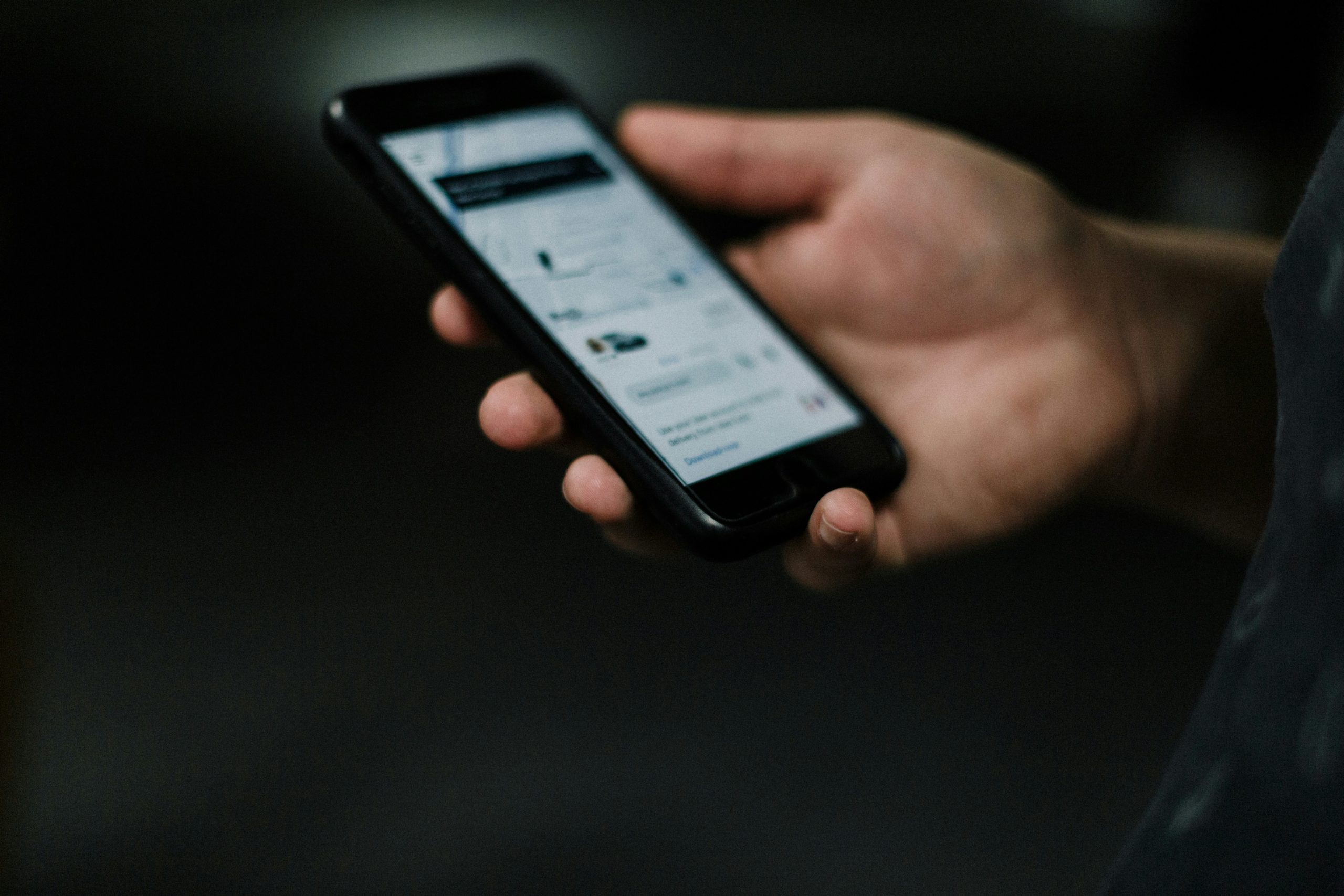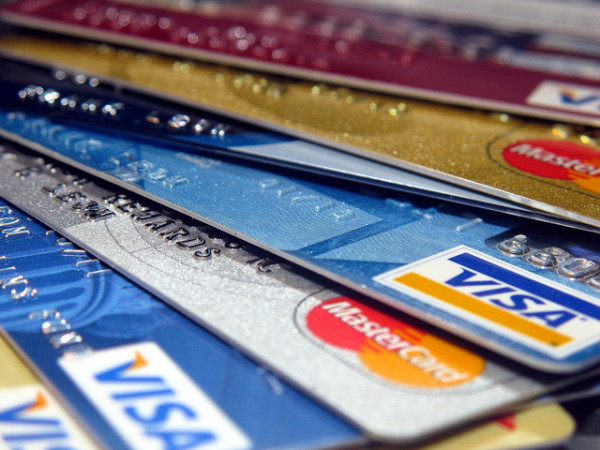Mobility giant Uber and Lagos state have reached an agreement, ending a month-long row after the government’s request to enforce a 2020 deal to share real-time data.
In March, two people on Uber’s side of the argument raised surveillance and privacy concerns following the request. Uber held out on giving the government access even as competitors like Bolt acquiesced.
The government responded by impounding cars belonging to Uber drivers and the state of talks between both parties remained uncertain.
“We have reached a truce, we shifted ground, and Uber too has shifted ground,” Olasunkanmi Ojowuro, the Lagos state director of transport operations, told TechCabal on a call. “The impounded cars have since been released after 72 hours, based on compassionate grounds.”
“We have had productive engagements with the Lagos State Government and are open to continue doing so. Our commitment to meeting the data sharing requirements stipulated by the Lagos State Government remains in place,” a spokesperson for Uber told TechCabal in a statement.
“The Data Sharing Agreement does not include any personally identifiable information of users. We do the right thing with data and maintain the value of personal data for Uber and our users by handling data as users expect and in line with applicable data protection laws and global best practices.”
While the data-sharing resolution prevented service disruption, driver discontent persists. Many drivers want Uber to lower its 25% commission while others point out the increased difficulty levels associated with driving. Long queues for petrol at fuel stations and accelerating inflation continue to depress earnings.
Drivers have also accused Uber of lowering fares.
“The price mechanism contributes to the delay in getting rides,” said Ibrahim Ayoade, the general secretary of the App-Based Transporters of Nigeria (AUATON). Another driver, Somoye Olalekan explained that low fares have taken him off the platform. A publication reported that Uber drivers received a 10% commission increase. Ayoade has since countered that report as a short-lived promotional campaign which was never sustained.
*This article has been updated to include comments from an Uber spokesperson






















